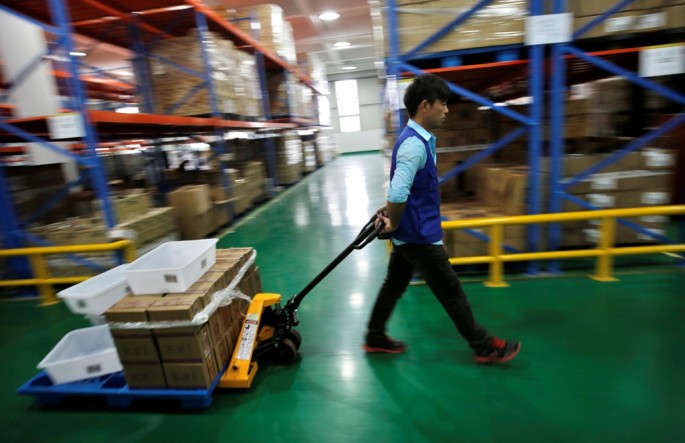China’s senior cabinet officials have unveiled a series of policies aimed at boosting e-commerce in the country, including the reduction of red tape and liberalizing investment rules, as they recognize the growing importance the sector has in the world’s second biggest economy.
"E-commerce is significant in integrating traditional and emerging industries, reducing logistical costs, encouraging entrepreneurship, creating jobs and lifting consumption, while its development will also help industrial upgrading," according to a statement released to the press after a State Council executive meeting on Wednesday.
"To smooth the way for e-commerce to grow, the government will abandon rigid registry requirements on e-commerce businesses, encourage venture capital to enter the sector and reduce share-holding restrictions on foreign investment," the statement added.
The State Council meeting, which was presided over by Premier Li Keqiang, also saw plans to coordinate development among e-commerce, trade, logistics, industrial production and financial services.
Links between brick-and-mortar stores and e-commerce will be promoted to boost consumption, and policies to shore customer confidence by improving law enforcement, strengthening consumer rights, and increasing online transaction security will be implemented, the statement said.
Developing the e-commerce industry is a key part of China's Internet Plus action plan, which was conceptualized by Premier Li during his delivery of the 2015 work report earlier this month.
The action plan focuses on integrating mobile internet, cloud computing, big data, and the Internet of Things (IoT) with manufacturing, promoting the development of industrial networks and online banking, and helping online companies increase their footprint in the international market.



























